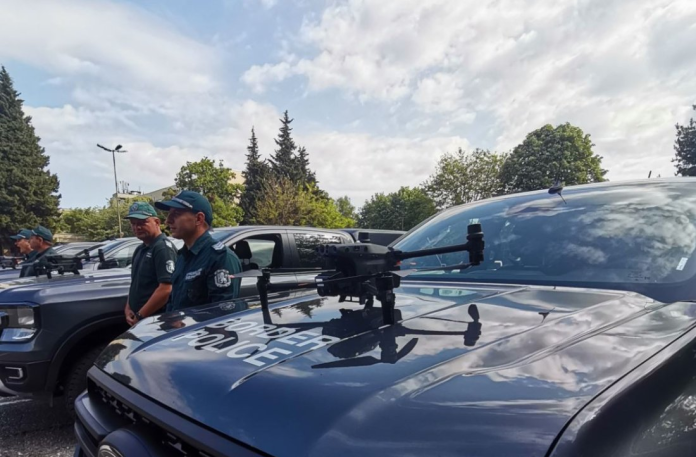Bulgaria activated a fleet of high-tech, EU-funded drones on 12 May to surveil its 270-kilometre border with Turkey, finalising a pivotal compromise that secured its entry into the Schengen Area after years of delays, according to Euractiv.
The move fulfils a 2022 agreement with Austria, which initially demanded a border wall but relented after the European Commission proposed drone surveillance as a less confrontational alternative.
Austria’s veto on Bulgaria’s Schengen membership, rooted in concerns over irregular migration, was lifted in early 2024 following Brussels’ pledge to fund advanced drone systems. The €2 billion package, partially advocated by Vienna, also includes radar and enhanced Frontex deployments. The project, delayed by nearly two years, forms part of the EU’s broader strategy to fortify external borders using technology rather than physical barriers.
Bulgaria’s border, already guarded by a steel fence erected in 2017, has seen escalating migrant activity, with over 62,000 irregular crossings recorded in 2024 alone. The drones will complement 350 soldiers deployed in 2023 and integrate with EUROSUR, the bloc’s border surveillance network, to monitor pre-frontier zones in Turkey.
The initiative aligns with the EU’s push to deploy AI, thermal cameras, and drones across its frontiers, as exemplified by Greece’s REACTION project.
A 2023 incident involving a Syrian refugee shot while crossing sparked EU calls for investigations, which Sofia denied. Critics argue such measures prioritise deterrence over asylum rights, echoing concerns raised by Frontex’s Fundamental Rights Officer.
As Bulgaria transitions into a Schengen member, its success in balancing security with human rights will test the EU’s vision of a “smart border.”
